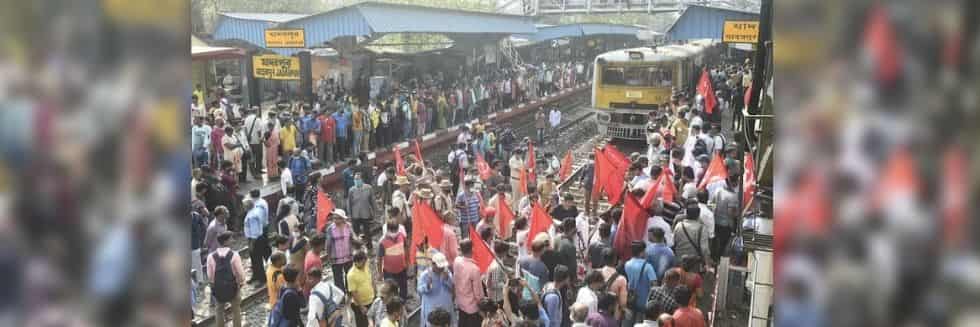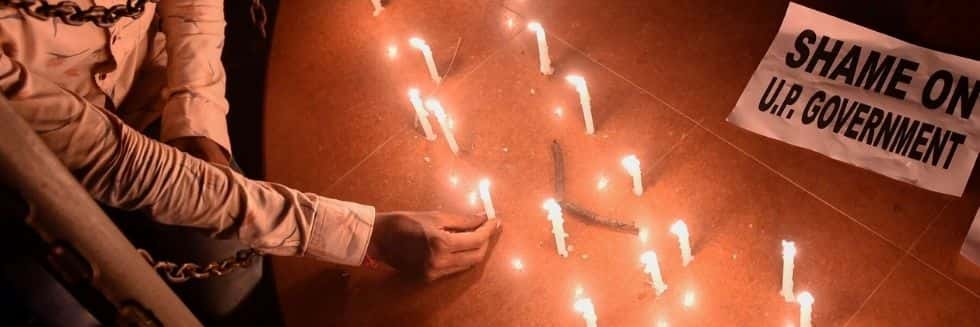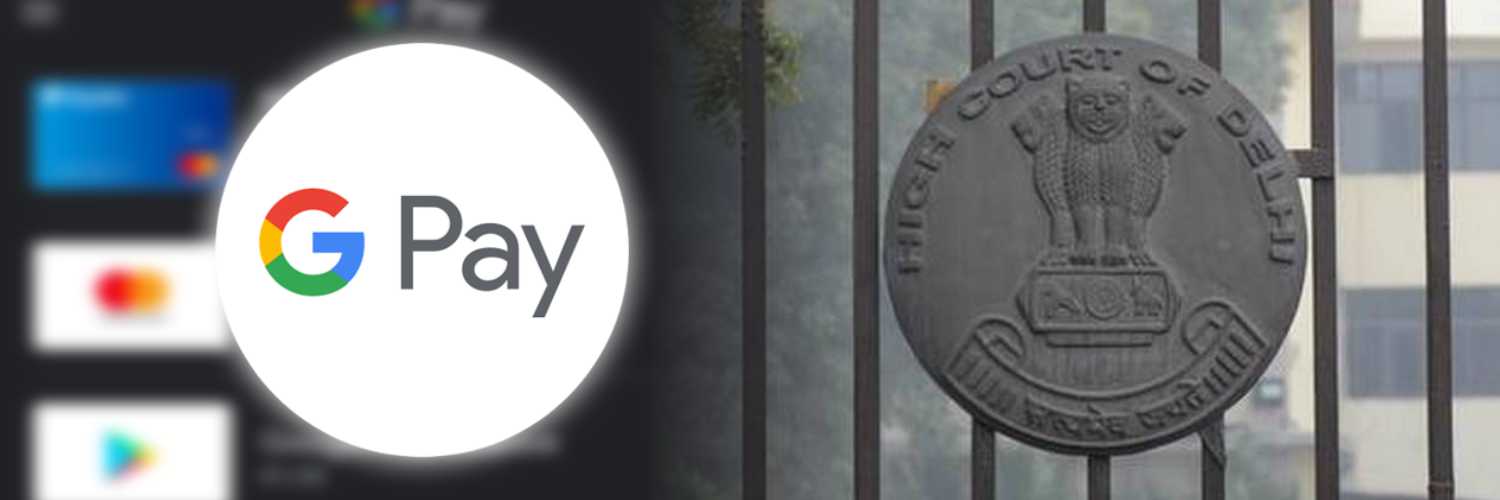Hours later Kerala High Court abstained government employees from participating in the two-day nationwide strike, the state government on Monday issued ‘dies-non’ order.
Chief Secretary V P Joy said, “The unauthorised absence of employees participating in the strike will be treated as dies-non under Rule 14 A of Part 1 of Kerala Service Rules.”
As per Rule 14 (A) of Part I of Kerala Service Rules, the period of unauthorised absence of an officer on account of participation in a strike shall be treated as dies-non (NO WORK, NO PAY).
“No leave of any kind will be granted to government employees unless there is sickness of the individual or relatives like wife, children, father and mother.
The district collectors, heads of departments, district police chiefs, etc. will take action to “give protection to those not on strike and to ensure unhindered access to government offices and institutions” and to avoid overcrowding in front of the gates of the offices.”
Kerala High Court Order
A Division Bench of Chief Justice S Manikumar and Justice Shaji P Chaly on Monday directed the state government to issue directions prohibiting government employees from participating in the strike as it is against the Rule 86 of Kerala Government Servants’ Conduct Rules, 1960.
“Reading of Rule 86 makes it manifestly clear that no Government servant shall engage himself in any strike or in any similar activities. Government servants should not engage themselves in any concerted or organised slowing down or attempt at slowing down Government work or in any act, which has the tendency to impede the reasonably efficient and speedy transaction of Government Work. Concerted or organised refusal on the part of Government servants to receive their pay will entail severe disciplinary action,” the bench said.
The bench added, “It is the duty of the welfare Government, to protect not only the citizens, but to continue with, all the Government work, as expected. In other words, it should not be slow down or it should not attempt at slowing down Government work or in any act, which has the tendency to impede the reasonably efficient and speedy transaction of the Government work.”
‘Save People, Nation’: Why Trade Unions Have Called For a Two-Day Nationwide Strike?
Hundreds of thousands of workers have called for this two-day strike to protest government economic policies including privatisation of state-owned assets and rising fuel prices. In their 12-point demand charter, they have raised the concern that these govt policies are harming workers, farmers and Indians in general.
The protest has been called by several labour unions representing workers from both public and private sectors. They have been demanding against scrapping of a new labor law which allegedly allows contract work, gives employers greater leeway in setting wages and increases working hours. The Bharat Bandh started on March 28 and will end on March 29.
12 Demands of Strikers
The protesters include employees and workers from the public and private sector, farmers, and agricultural labourers. They have been demanding universal social security for the workers in the informal sector including rag-pickers, street sweepers and rickshaw drivers. The informal sector makes up an estimated 80 percent of India’s 470 million workers.
Here is the list of demands which led to this 2 day strike in India.
1. Scrap the four Labour Codes and the Essential Defence Services Act (EDSA)
New Labour Codes which replaced 29 existing labour laws and has not been implemented yet due to protests from the workers’ unions. These Codes allow contract work, dilute wage fixation, increase working hours, allow hire and fire, and weaken monitoring agencies.
Essential Defence Services Act (EDSA) prohibits defence production unit workers from protesting against corporatisation and ultimate privatisation.
2. Abandon all privatisation and scrap the National Monetisation Pipeline (NMP)
3. Provide income support of Rs.7500 per month to all non-income tax-paying families
As per a recent second round survey by Hungry Watch, incomes have declined in as many 66% of households, 45% of households were indebted, and a shocking 79% of households had some form of insecurity in the last two years.
4. Accept the 6-point charter of demands of Samyukta Kisan Morcha
- MSP at comprehensive cost + 50%;
- Withdrawal of Electricity Amendments Bill;
- Stop punishing farmers for stubble burning;
- Withdrawal of all false cases against agitating farmers;
- Sacking and arrest of Ajay Mishra Teni, minister in Modi government and alleged mastermind of Lakhimpur farmers’ murder; and, compensation and
- Rehabilitation for families of 700+ farmers who lost their lives during the agitation.
5. Increase allocation for MGNREGA and extend employment guarantee programme to urban areas.
For this year, the budget for the rural jobs guarantee scheme MGNREGA has been reduced. The scheme provides livelihood to approximately 11 crore people who will be affected by this cut.
6. Provide full protection, and insurance cover, for frontline workers serving the people in the midst of the pandemic
7. Provide statutory minimum wages and social security cover for Anganwadi, ASHA, mid-day meal and other scheme workers.
8. Provide universal social security for all informal sector workers
9. Increase public investment in agriculture, education, health and other crucial public services by raising resources from higher taxation of the rich in order to revive and revamp the economy.
10. Substantially reduce Central excise duty on petroleum products and take concrete steps to arrest price rise.
11. Cancel the New Pension Scheme (NPS) and restore the old scheme; increase minimum pension under the Employees’ Pension Scheme.
12. Regularise all contract workers and scheme workers, and ensure equal pay for equal work for all.






